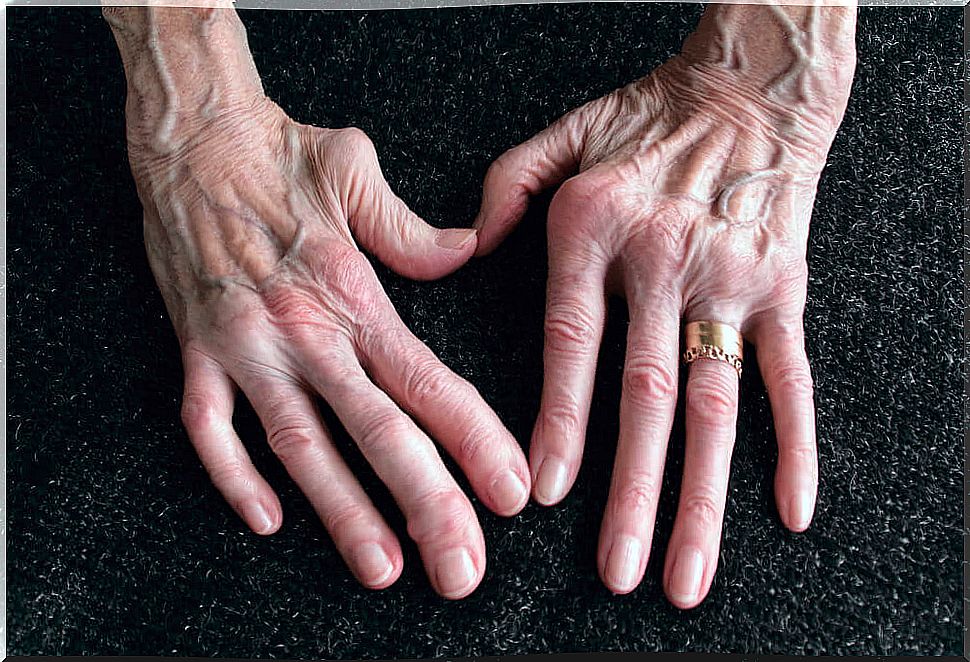Hydroxychloroquine: Indications, Contraindications And Side Effects
Hydroxychloroquine is a drug that has few and varied uses. Therefore, for the moment it is considered that it has little utility. Its mode of administration is oral and its format is usually in the form of tablets. In this regard, it is worth mentioning that patients are recommended to consume it together with a meal or at least a glass of milk.
Below we will explain what its indications are (situations in which its use is recommended) and its adverse effects. Finally, we will discuss its contraindications (situations in which it should not be used).
Indications of hydroxychloroquine
Hydroxychloroquine is a drug used to treat various complications of lupus and connective tissue disorders. Additionally, it is usually used in these cases.
Malaria
The Plasmodium (malaria causative organism) has several stages of reproduction. One of them consists of its introduction into red blood cells (blood cells that carry oxygen). Once inside, they feed on a part of the hemoglobin (the specific molecule that carries oxygen), subjecting it to various reactions.
The role of hydroxychloroquine is to prevent Plasmodium from digesting hemoglobin. It achieves this because this microorganism needs a low pH to carry out these reactions. Hydroxychloroquine increases this pH so that digestion is not possible.
Rheumatoid arthritis

Rheumatoid arthritis (RA) is an autoimmune inflammatory disease. This means that the body’s own immune cells recognize certain molecules of their own as foreign. Thus, an inflammatory reaction develops against them, in this case in the joints.
Hydroxychloroquine is beneficial in these cases because it prevents some immune cells from being transported to the joints. In addition, they make it impossible to bind certain immune complexes (complement) with self molecules recognized as foreign.
Lupus erythematosus
Lupus is also an autoimmune disease. Thus, the benefits of hydroxychloroquine in this case are similar to those experienced in rheumatoid arthritis.
Side effects of hydroxychloroquine

Eyepieces
Hydroxychloroquine produces unwanted effects on both the cornea and the retina. The first corresponds to the hard layer that covers the eye. The second is the innermost layer thanks to which we can perceive images. The damage produced can be symptomatic or asymptomatic.
The symptoms that can occur at the level of the retina are scotomas (black spots in the visual field) or difficulty seeing in low light ( nyctalopia ). They are generally reversible, although in some cases the injury is irreversible.
As for the cornea, edema (swelling) and opacities may occur. This can lead to blurred vision, photophobia (incident light hurts), or decreased visual acuity.
Gastrointestinal
Nausea, vomiting, diarrhea and abdominal pain may occur in this regard . All of this can lead to anorexia (lack of appetite), with possible associated weight loss.
Muscular
Throughout the use of hydrochloroquine , the appearance of myopathies and neuromyopathies (pathologies of the muscles and of the set of muscles and nerves) has been described. This includes, but is not limited to, the appearance of muscle weakness.
Myopathy can be reversible, but it may take several months for normality to return. For this reason, periodic reviews of muscle strength are necessary, as well as examinations of the tendon reflexes (the most popular is the patellar).

Contraindications of hydroxychloroquine
Hydroxychloroquine should be avoided in patients under the following circumstances:
- Visual acuity or visual field disturbances (may be accentuated)
- Hypersensitivity (allergy) to compounds derived from 4-aminoquinoline (this drug is a derivative of that compound).
In addition, there are situations that must be taken into account even if they do not constitute contraindications as such: it is about precautions. To begin with, it is necessary to carry out a close monitoring if the patient has poor kidney or liver function because these two organs are responsible for metabolizing it and expelling it from the body.
Close monitoring must also be carried out in patients with skin diseases (such as psoriasis). This is because hydroxychloroquine has a special greed for the skin and could increase its damage. For this reason, you could develop hypersensitivity reactions.








